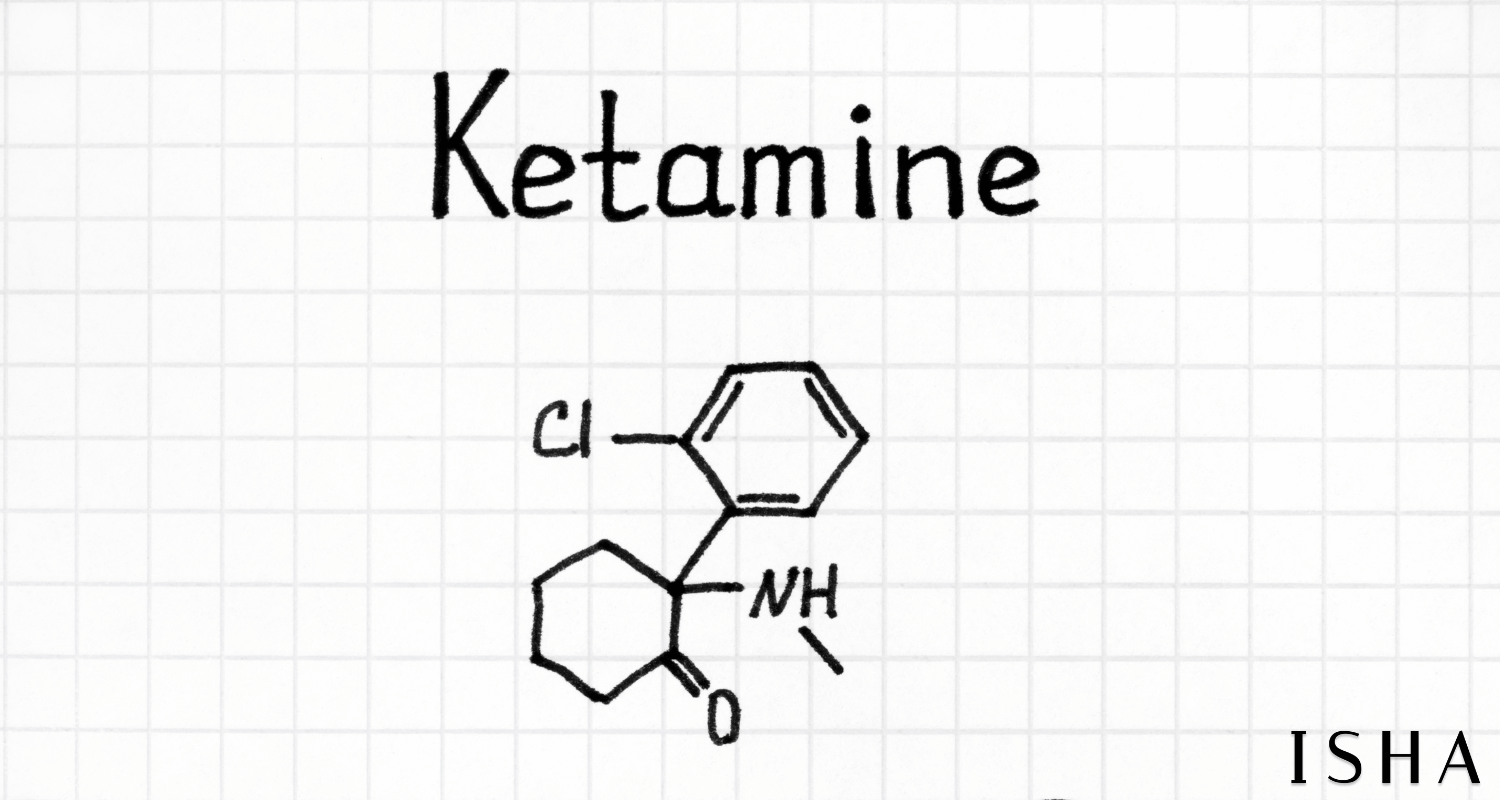Online Ketamine Treatment Available in: AZ, CA, CO, FL, GA, NY, OR, TX, and WA.
Online Ketamine Treatment Available in: AZ, CA, CO, FL, GA, NY, OR, TX, and WA.
FOR PATEINTS
Make an AppointmentpricingOUR TREATMENT APPROACH
Ketamine Therapy Basics
May 18, 2022
March 17, 2025
Ketamine, a medication that originated in Belgium in 1962 as an anesthetic and was later used on battlefields for injured soldiers in the Vietnam War, has been used with psychotherapy over the past two decades. Ketamine therapy has shown promising effects in people with major depressive disorder, treatment-resistant depression, PTSD, and anxiety. While only esketamine nasal spray (Spravato) and injectable ketamine are approved by the U.S. Food and Drug Administration (FDA), other forms of ketamine therapy are often used off-label with therapeutic support.
In 2017, Samuel T. Wilkinson, MD, and Gerard Anancora, MD, Ph.D. presented a paper on "Considerations on the Off-Label Use of Ketamine as a Treatment for Mood Disorders” that depicts the use of Ketamine is increasing to relieve depression that is resistant to traditional antidepressants. In the same paper published in 2021, they described the baseline standards, associated risk, and guidelines on who can administer Ketamine.
This blog will help you understand why you need a therapist for Ketamine treatment. Following are the basic health guidelines that must be fulfilled to start Ketamine treatment.
Ketamine-assisted Therapy is not for everyone. The need for treatment is determined by licensed clinicians only. Your clinical team at the clinic evaluates your mental health as well as physical health problems before the administration of Ketamine.
Ketamine therapy has been mainly prescribed to those patients who have failed to respond to at least 2 treatment trials of antidepressants or those who have a comorbid depressive condition but can not take oral antidepressants due to medical problems that affect peroral intake.
Contraindications to Ketamine therapy include but not limited to schizophrenia, schizoaffective disorder, history of psychosis, ongoing substance use disorder, hypersensitivity to Ketamine, pregnancy, nursing, and uncontrolled hypertension.

Research showed that the treatment effects of ketamine can get longer when it is combined with psychotherapy. This is an approach that psychotherapists have been using since 1960s. There are two major ways to provide ketamine-assisted psychotherapy: the psychedelic therapy and psycholytic therapy.
Psychedelic therapy is with a moderate dose of ketamine. Many people describe it being a transformative journey that carries a force so strong that even lifelong patterns of behavior and thought can be changed virtually overnight. This can alleviate trauma, eradicate substance dependency, and make way for healthy habits and positive perspectives. To get the most out of these profound experiences, therapists focus on allowing the psychedelic substance to work on the subject in a safe and supportive environment and then provide integration psychotherapy so the lessons from the experience are incorporated into daily life.
Psycholytic therapy, on the other hand, is with a low dose of ketamine, and places more emphasis on the role of the psychotherapist and sees the psychedelic substance as a catalyst for unlocking deeper and more impactful therapy sessions. Rather than being taken over by a mystical psychedelic experience, subjects in psycholytic therapy feel the effects of the medicine but retain more control of their thoughts and emotions. This allows for a more expanded but still manageable dialogue with their therapist.
Isha Health approaches with psycholytic approaches in most cases. We provide low dose ketamine therapy with our HIPAA compliant telemedicine platform with our physicians and psychotherapist.
Get the latest insights on psychedelic therapy, mental health, and innovative treatments—straight to your inbox.
Sign up
for the
Isha Health
Newsletter
More on
Ketamine Therapy Basics
This website has been reviewed by Isha Health California, P.C. and should not be used as medical advice in place of a licensed psychiatric clinician.
IN CASE OF EMERGENCY:
If you are in a life-threatening situation, don’t use this site. Call, text, or chat 988 or 1-800-273-TALK (8255), or use these resources to get immediate help.



.png)

.png)
.png)
.png)
.png)
.png)






.png)
.png)
.png)
.png)









.png)




.png)
.png)
.png)



.png)










.png)
.png)




.png)



.png)



.png)
.png)
.png)
.jpg)

.png)
.jpg)
.png)
.png)

.jpg)

.png)
.png)
.png)

.png)




%202.png)
.png)



.png)
.png)
.png)
.png)
.png)
.png)
.png)